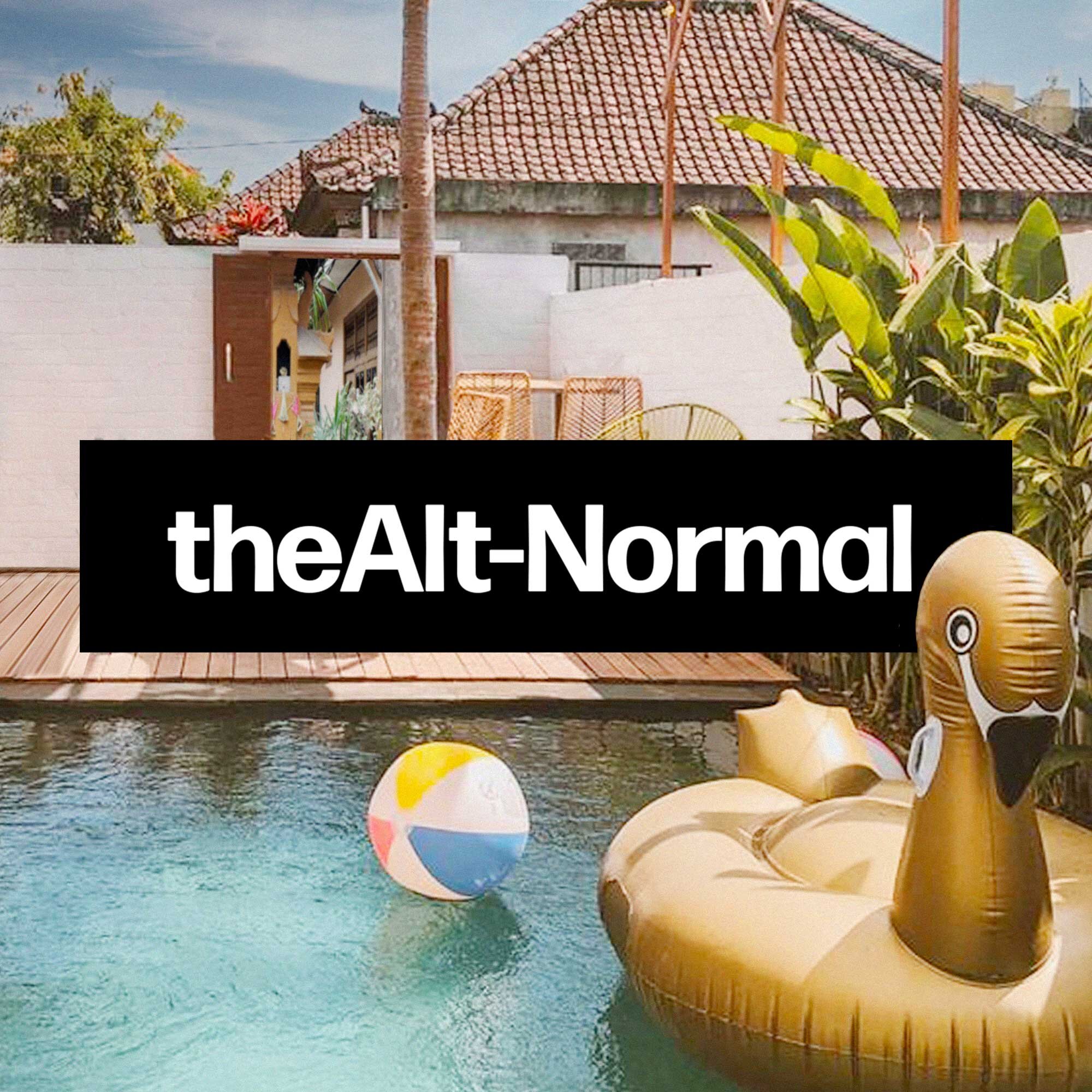the Alt-Normal
the Alt-Normal
Zest is the most beloved plant-based restaurant in Bali, uniting lovers of vegan, vegetarian and everything else conscious and crafty.
01 TENSION
The pandemic put many restaurants out of business, with many hanging in the balance of losing their entire customer base. Zest needed cut-through in a sales slump that plagued most of hospitality on an island built on tourism.
02 STRATEGY
To expand the brand narrative in the time of COVID and champion the creative, spiritual and entrepreneurial voices of their community.
03 IDEA
The Alt-Normal is a podcast that amplifies diverse voices, nurturing a fertile space for an alternative future to emerge at the intersection of self, community and environment. I concepted and produced a show featuring some of the most influential coaches, yoga teachers and conscious entrepreneurs in Bali.
TUNE INTO THE PODCAST
the Alt-Normal
The Alt-Normal is a podcast that asks the question: how might we reframe the “New Normal” that was handed to us as a crisis, and remake an “Alt Normal,” or alternative reality that is ever more diverse, equitable and inclusive in all spaces? We’ve hosted conversations with leaders reimagining the business world including notable guests like: Emily Viola (Head of Planning, Futerra), Cindy Gallop (Founder, Make Love Not Porn), Helen Brain (Strategy Director, MediaCom), Piril Yasara (Sustainability Manager, Allianz) and Carol Cone (‘Purpose Queen’ by BBC).
FEATURED GUESTS
FEATURED GUESTS
Cindy Gallop - Founder of Make Love Not Porn
Melvin Hart - Neuromuscular Therapist
Emily Viola - Head of Planning at Futerra
Piril Kadibesegil Yasar - Sustainability Manager at Allianz
Carol Cone - Founder of ON PURPOSE
Swaady Martin - Founder of YSWARA
Rick Smith - Authentic Relating Expert
Carrie Zhang - Founder of Asian Mental Health Project
Melissa Stangl - Co-founder of Soltara Healing Center
Mariah Mansvelt - Co-founder of Yoni
Nicholas Powers - Poet, Journalist and Associate Professor
Jee Chang - Founder and Leadership Director of UME Agency
Nadine McNeil - Yoga Teacher
Julie Ann Otis - Intuitive Healer
Mansi Jain - Co-Active Coach
FEATURED EPISODES
FEATURED EPISODES
04 RESULTS
40
The podcast ran 40 episodes during 40 weeks of the pandemic. Following Bali’s reopening, Zest’s community was stronger than ever and ready to dine-as-usual.
100+ k
Average listeners per episode




















